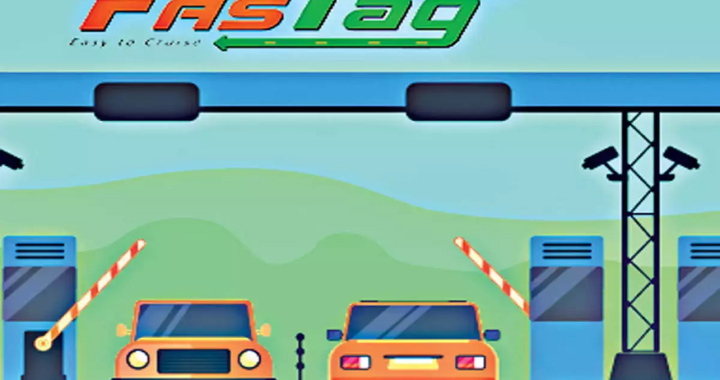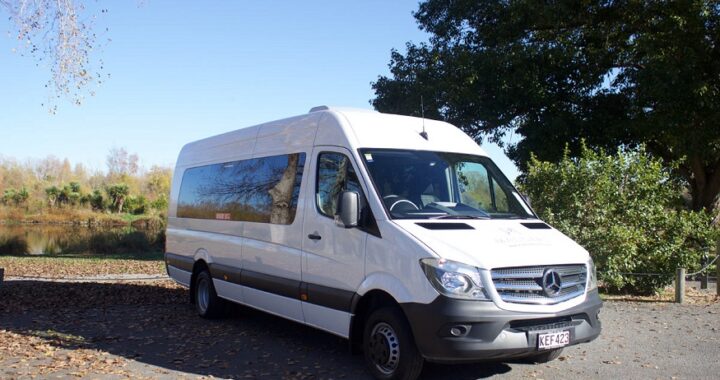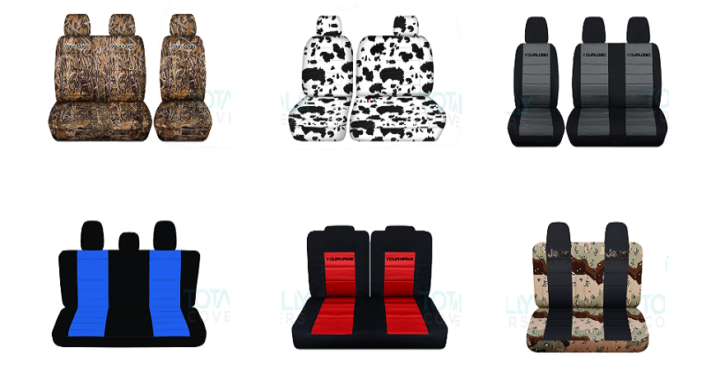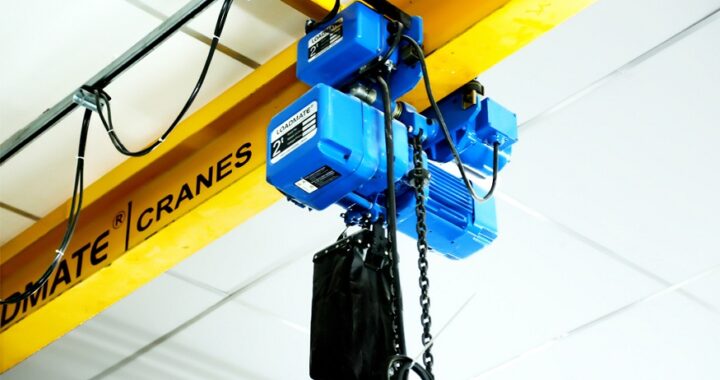Mastering the Art of Dealership Success: Unleashing the Power of Effective Training

In today’s competitive automotive market, a dealership’s success hinges not only on the quality of its products but also on the expertise and skills of its professionals. Recognizing this, leading dealerships have embraced the significance of comprehensive training programs to ensure their staff delivers exceptional customer experiences. By investing in dealership training, organizations can cultivate a workforce that is knowledgeable, confident, and capable of exceeding customer expectations. In this article, we explore the importance of dealership training and its impact on enhancing customer satisfaction and driving business success.
Building a Foundation of Knowledge
The first step towards achieving dealership excellence lies in establishing a solid foundation of knowledge for every employee. Effective training programs encompass various aspects, including in-depth product knowledge, understanding the sales process, and familiarity with financing and leasing options. By providing comprehensive product training, dealerships empower their sales teams to speak confidently about the features, benefits, and unique selling points of each vehicle. This enables them to answer customer inquiries with authority and guide potential buyers towards making informed decisions.
Mastering Customer Experience
In the highly competitive automotive industry, exceptional customer service is the key differentiator that sets successful dealerships apart. Training programs that focus on enhancing the customer experience equip dealership professionals with the necessary skills to deliver personalized service that goes beyond mere transactions. Effective communication techniques, active listening, and empathy are emphasized to create meaningful connections with customers. Additionally, training in conflict resolution and problem-solving equips staff members with the tools to address customer concerns promptly and effectively, transforming potential challenges into opportunities for customer satisfaction and loyalty.
Embracing Digital Transformation
With the rapid advancement of technology, digital transformation has become an integral part of the automotive industry. Dealership training must encompass the latest digital tools and platforms to ensure that professionals are adept at utilizing them to enhance the customer experience. From online sales platforms and virtual showrooms to social media marketing and customer relationship management (CRM) systems, dealership training should equip staff members with the skills to navigate the digital landscape and leverage these tools effectively. A comprehensive understanding of digital platforms enables dealerships to engage with customers seamlessly across various touchpoints, leading to enhanced customer satisfaction and increased sales.
Continuous Learning and Development
The automotive industry is dynamic, with ever-evolving trends, technologies, and customer expectations. Recognizing this, forward-thinking dealerships prioritize continuous learning and development as an ongoing process. Training programs should incorporate regular updates to keep professionals up to date with industry advancements, emerging technologies, and changing customer preferences. Encouraging employees to attend workshops, seminars, and industry conferences promotes a culture of learning and ensures that dealership professionals stay at the forefront of their field. By investing in the growth and development of their employees, dealerships foster a motivated workforce that is passionate about delivering exceptional customer experiences.
Conclusion
Dealership training plays a pivotal role in shaping the success of automotive businesses. By investing in comprehensive training programs, dealerships empower their staff to become experts in their field, capable of delivering exceptional customer experiences. From building a strong foundation of knowledge to mastering customer service and embracing digital transformation, training programs equip dealership professionals with the necessary skills to thrive in today’s competitive market. Furthermore, by fostering a culture of continuous learning and development, dealerships create a workforce that remains agile and adaptable to industry changes. In doing so, they position themselves for sustained growth and unparalleled success in the automotive industry.










